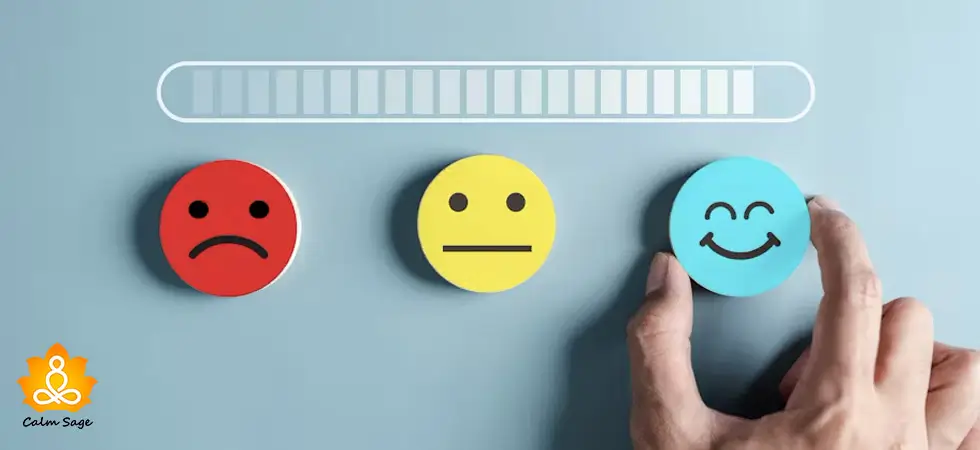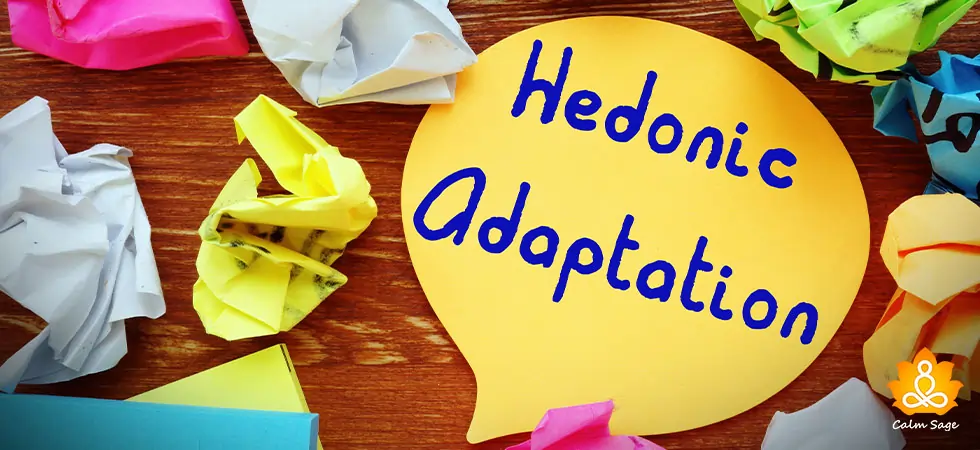Beyond Fables and Fantasies: The Psychological Effect of Fairy Tales on Children

When I was a kid, I needed my bedtime stories, as I’m sure every one of us as a child did. I grew up thinking about my “happily ever after” and that shows in my creativity and imagination. It wasn’t until I stumbled upon an interesting piece of research that I realized how important bedtime stories and fairy tale readings are for a child’s creative development.
Once upon a time…the iconic fairy tale beginning which I’m sure upon reading, it’ll open the locked areas of your brains; the ones we’ve mostly left in our childhood. This made me think about the effects of fairy tales on a child’s mind and overall development. These timeless stories, complete with enchanting princesses and princes, and even more magical adventures have been an indispensable part of our lives growing up.
Also Read: 22 Ways to Nourish Your Mind, Body, and Soul
But, have you ever wondered about the effects of fairy tales on children? Can these enchanting stories unlock the secrets of a child’s creative development? Should we continue the age-old traditions of reciting fairy tales to our children?
Let’s answer these questions in this article today!
Beyond Fables and Fantasies
Fairy tales have a distinct way of engaging children and their imagination along with their emotions. According to various studies, verified by child psychologists, reciting fairy tales to children can contribute positively to a child’s mental health development. These stories we tell our children, and the ones we’ve grown up listening to, can help children process emotions they don’t yet understand, and teach them resilience, self-acceptance, courage, and even empathy.
As a child, I frequently found myself admiring Belle from The Beauty and the Beast. The resilience she’d shown in the face of troubles, the courage, and determination she had, and, of course, the way she adored her books. That led me to become the woman with the creative imagination that I am today.
In a 2014 small-scale study, it was found that using storytelling can improve a child’s well-being, contributing to their growth and self-acceptance. In a 2018 study, it was found that fairy tales can help children build a sense of cooperation and teamwork.
These fairy tales, growing up, helped me relate and identify with the characters facing challenges, and they taught me some really impressive lessons as well. Kids, too, can develop coping skills from listening to fairy tales.
The Psychological Effect of Fairy Tales on Children
Studies over the years have shown that reading fairy tales to children can have serious psychological effects. One of the things fairy tales can do for children is that storytelling can boost and improve cognitive development, improve language skills, and even enhance emotional intelligence in children.
When parents or caregivers read fairy tales to their children, the shared experience can also boost a strong emotional connection between the parent and the child, giving off a sense of security, safety, and comfort.
Like any other magical potion, there are some cons to storytelling as well. On a positive note, fairy tales can stimulate creativity in children, teach them moral values, and even feed the child’s curiosity about the outside world. However, on the negative side, caution needs to be taken.
Certain fairy tales might have themes of gore, folklore, and unrealistic views of the world which can cause confusion and even spark fear in your little ones. Knowing how to balance and choose age-appropriate content can help here.
In previous studies throughout the years, it was recorded that “princess culture” had a negative effect on children, but as of a 2021 study, positive effects of princess culture and how gender is viewed in young ones have been seen. There has been a larger involvement in “princess culture” and has helped young children develop a more progressive attitude towards women.
New-age princesses like Moana are characters who show depth, passion, and a sense of goodness. Researchers in the studies believe that it isn’t how she looks, but it’s more about following your dreams and finding your purpose in life. Parents and adults can take these qualities and help their young ones develop and grow to be someone more than just your regular princess.
Are There Any Benefits of Storytelling For Children?
Yes! Storytelling through fairy tales can become a sort of playground for your child’s imagination. Through fables and fantasy stories, whimsical characters, and adventures, children can learn to think outside the box, be more creative, easily solve problems, and even develop a sense of wonder.
These stories that we, as adults, treat as nonsensical can introduce our children to different cultures, expand their perspectives, and foster a love for learning new things. All the things that are crucial for a child’s early years of development.
The importance of fairy tales on children doesn’t end here. Reading stories to children can also contribute to;
- Your child’s mental and emotional development by allowing their imagination to run rampant
- Your child learning to face their fears
- Your child coping with the uncertainties of being a grown-up
- Your child learning about conflict and problem-solving
- Your child learning about love, hate, fear, determination, courage, greed, and kindness through stories they can relate to
- You validate your child’s emotions in real life through fairy tale telling
Are There Any Alternatives to Storytelling?
While I admit that fairy tales are a good way to help your child develop their imagination and creativity, there are alternative ways as well to help nurture your child’s creativity. If you want to play it safe and not expose your child to dark themes of fairy tales, then you can try these alternatives;
- Reading picture books to toddlers
- Creating homemade books with your own stories or captions to help develop your child’s storytelling and imagination
- Encouraging free play
- Engaging in arts and crafts
- Singing and playing music with your child
- Taking them on outdoor adventures to explore nature
- Visiting museums with them
- Letting them spin their own stories without any constraints on plot
- Letting your child talk about their emotions through storytelling or narratives
Wrapping Up…
We all grew up listening to and reading fairy tales; some had Cinderella and Snow White as their princess idols, while others had Jasmine and Belle, and more. Reading fairy tales in my childhood helped me become more aware of cultures apart from my own and develop a strong sense of imagination and creativity.
As magical as they might be, fairy tales play a crucial role in shaping young minds and hearts. As you tuck your child in their bed, remember to choose tales wisely, ensuring that the ones you pick contribute positively to your child’s mental and emotional development.
Let these timeless stories weave magic in the air, let the dragons be the ones to be rescued, and the princesses fight for once. Don’t forget that stories, as fantastical as they might be, can teach some important lessons. Help your little one find their “happily ever after” in their own blessed ways!
Enjoyed reading this article? What do you think about reading fairy tales to your child? Do you think there are psychological effects of fairy tales on children? Let me know your thoughts in the comments box below.
Take Care!
Next Read:
Exploring Parts Work Therapy: Can It Help Heal Your Inner Conflicts?
The Window of Tolerance: What You Need to Know About It
What Is No Control Rule, And Why Is It Important After A Breakup




















